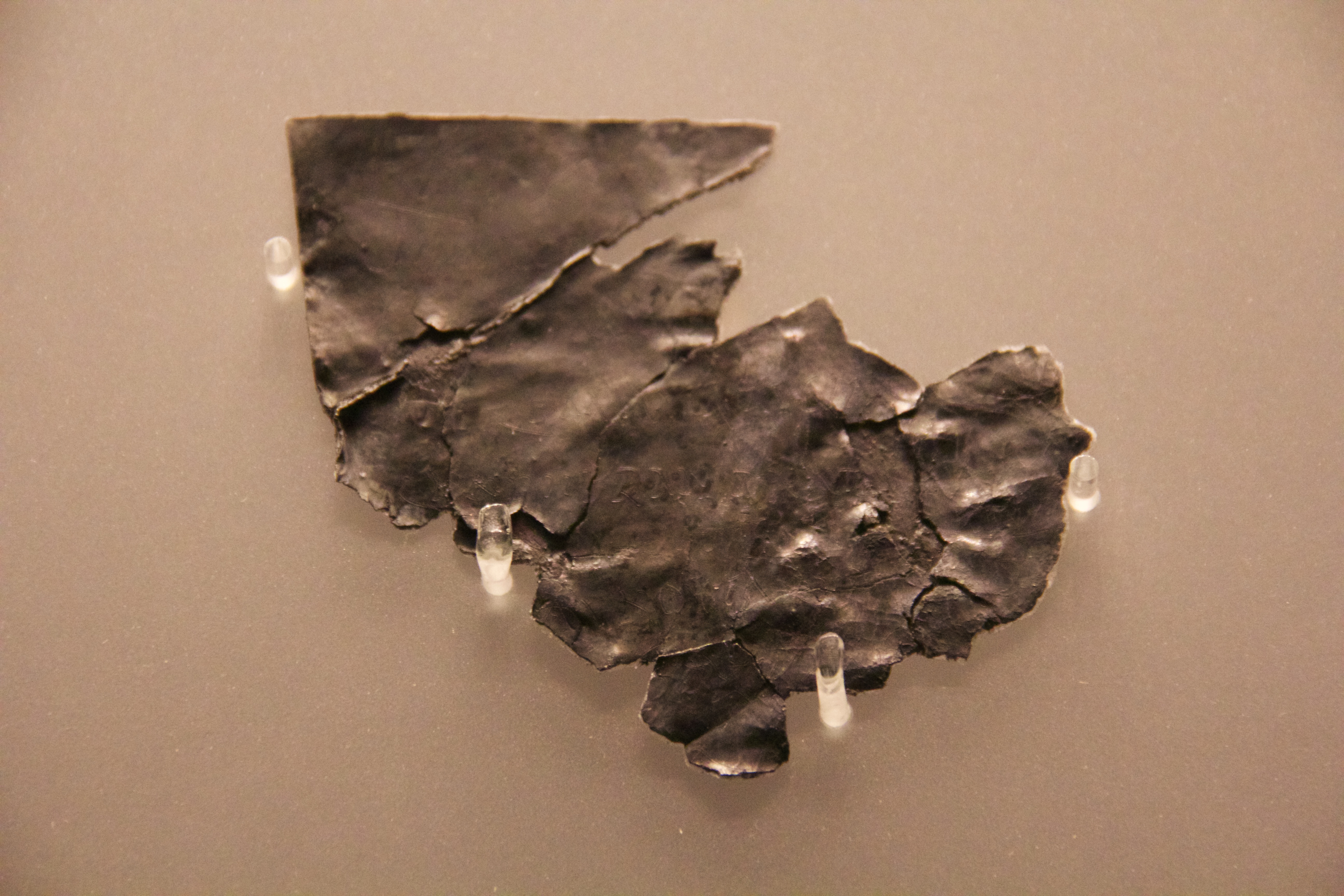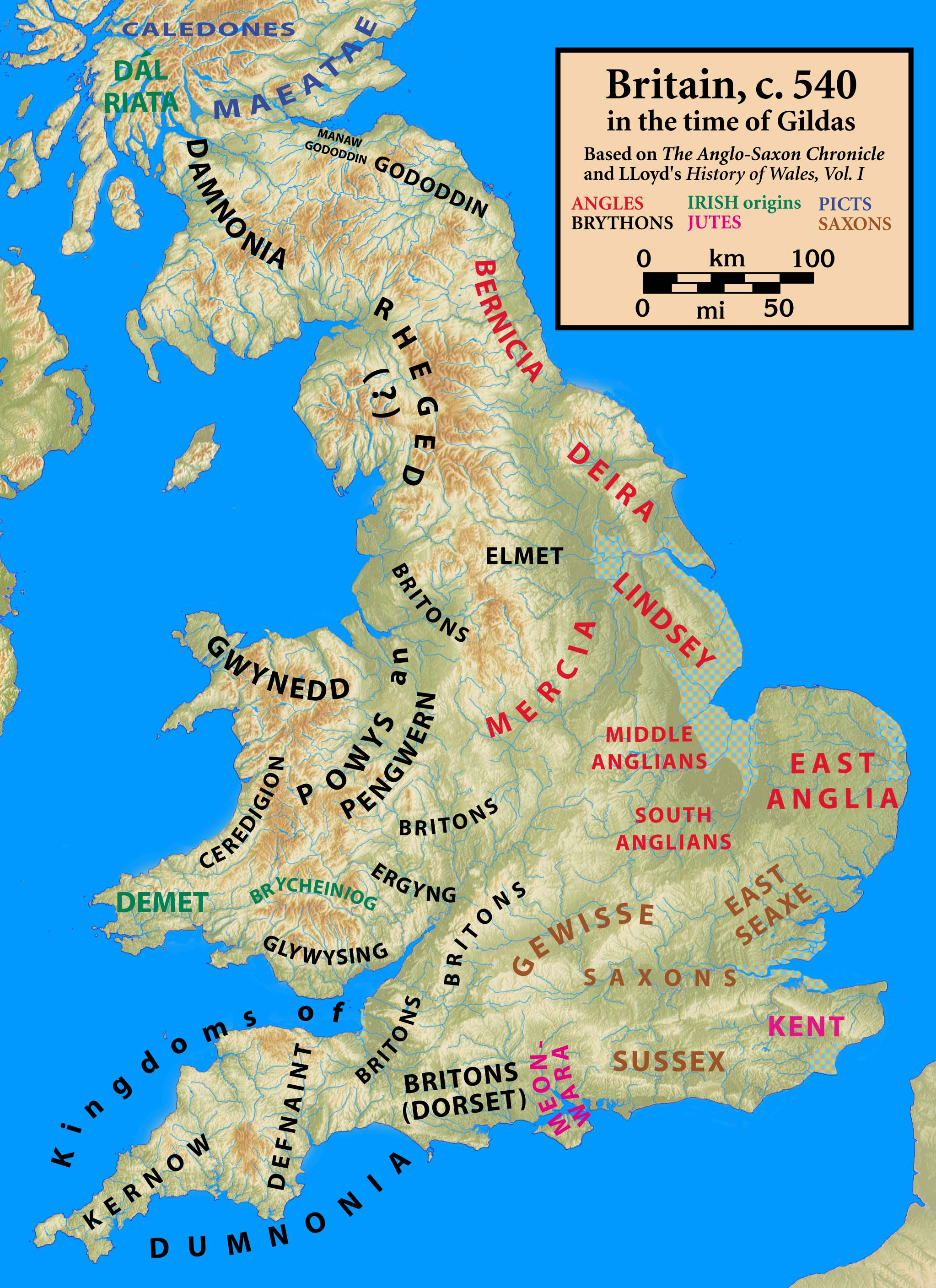|
Maelgwn Ap Cadwallon (c. 1170 - 1230), son of Rhys ap Gruffydd and ruler of part of Deheubarth
{{hndis ...
Maelgwn is a Middle Welsh personal name meaning 'Princely Hound', stemming from Common Brittonic *''Maglo-kunos'', attested in Latin as ''Maglocunus''. A number of Welsh kings and princes have borne the name: * Maelgwn Gwynedd (died 547), king of Gwynedd * Maelgwn ab Owain Gwynedd (died c. 1173), son of Owain Gwynedd and ruler of Anglesey * Maelgwn ap Rhys Maelgwn ap Rhys (c. 1170–1230) was prince of part of the kingdom of Deheubarth in south west Wales. Maelgwn was the son of Rhys ap Gruffydd (''The Lord Rhys'') by his wife Gwenllian ferch Madog, daughter of Madog ap Maredudd prince of Powys. He a ... [...More Info...] [...Related Items...] OR: [Wikipedia] [Google] [Baidu] |
Middle Welsh
Middle Welsh ( cy, Cymraeg Canol, wlm, Kymraec) is the label attached to the Welsh language of the 12th to 15th centuries, of which much more remains than for any earlier period. This form of Welsh developed directly from Old Welsh ( cy, Hen Gymraeg). Literature and history Middle Welsh is the language of nearly all surviving early manuscripts of the ''Mabinogion'', although the tales themselves are certainly much older. It is also the language of most of the manuscripts of Welsh law. Middle Welsh is reasonably intelligible, albeit with some work, to a modern-day Welsh speaker. Phonology The phonology of Middle Welsh is quite similar to that of modern Welsh, with only a few differences. The letter ''u'', which today represents in North Western Welsh dialects and in South Welsh and North East Welsh dialects, represented the close central rounded vowel in Middle Welsh. The diphthong ''aw'' is found in unstressed final syllables in Middle Welsh, while in Modern Welsh it has b ... [...More Info...] [...Related Items...] OR: [Wikipedia] [Google] [Baidu] |
Common Brittonic
Common Brittonic ( cy, Brythoneg; kw, Brythonek; br, Predeneg), also known as British, Common Brythonic, or Proto-Brittonic, was a Celtic language spoken in Britain and Brittany. It is a form of Insular Celtic, descended from Proto-Celtic, a theorized parent tongue that, by the first half of the first millennium BC, was diverging into separate dialects or languages. Pictish is linked, likely as a sister language or a descendant branch. Evidence from early and modern Welsh shows that Common Brittonic took a significant amount of influence from Latin during the Roman period, especially in terms related to the church and Christianity. By the sixth century AD, the tongues of the Celtic Britons were more rapidly splitting into Neo-Brittonic: Welsh, Cumbric, Cornish, Breton, and possibly the Pictish language. Over the next three centuries it was replaced in most of Scotland by Scottish Gaelic and by Old English (from which descend Modern English and Scots) throughout most ... [...More Info...] [...Related Items...] OR: [Wikipedia] [Google] [Baidu] |
Maelgwn Gwynedd
Maelgwn Gwynedd ( la, Maglocunus; died c. 547Based on Phillimore's (1888) reconstruction of the dating of the ''Annales Cambriae'' (A Text).) was king of Gwynedd during the early 6th century. Surviving records suggest he held a pre-eminent position among the Brythonic kings in Wales and their allies in the " Old North" along the Scottish coast. Maelgwn was a generous supporter of Christianity, funding the foundation of churches throughout Wales and even far beyond the bounds of his own kingdom. Nonetheless, his principal legacy today is the scathing account of his behavior recorded in ''De Excidio et Conquestu Britanniae'' by Gildas, who considered Maelgwn a usurper and reprobate. The son of Cadwallon Lawhir and great-grandson of Cunedda, Maelgwn was buried on '' Ynys Seiriol'' (now known as Puffin Island in English), off the eastern tip of Anglesey, having died of the "yellow plague"; quite probably the arrival of Justinian's Plague in Britain. Name ''Maelgwn'' (IPA: /mɑːɨlgʊn ... [...More Info...] [...Related Items...] OR: [Wikipedia] [Google] [Baidu] |
Maelgwn Ab Owain Gwynedd
Maelgwn ab Owain Gwynedd was a prince of part of Gwynedd. Little is known about him, but he was the son of Owain Gwynedd and Gwladus ferch Llywarch ap Trahaearn, and therefore full brother to Iorwerth Drwyndwn, the father of Llywelyn the Great. On the death of Owain Gwynedd in 1170, Maelgwn received Anglesey as his share of the kingdom, but in 1173, his brother Dafydd ab Owain Gwynedd attacked him and forced him to flee to Ireland Ireland ( ; ga, Éire ; Ulster Scots dialect, Ulster-Scots: ) is an island in the Atlantic Ocean, North Atlantic Ocean, in Northwestern Europe, north-western Europe. It is separated from Great Britain to its east by the North Channel (Grea .... He returned later that same year, but was taken prisoner by Dafydd. There is no further record of his fate. References Monarchs of Gwynedd Welsh people of Irish descent 12th-century Welsh people 12th-century Welsh monarchs {{Wales-bio-stub ... [...More Info...] [...Related Items...] OR: [Wikipedia] [Google] [Baidu] |

